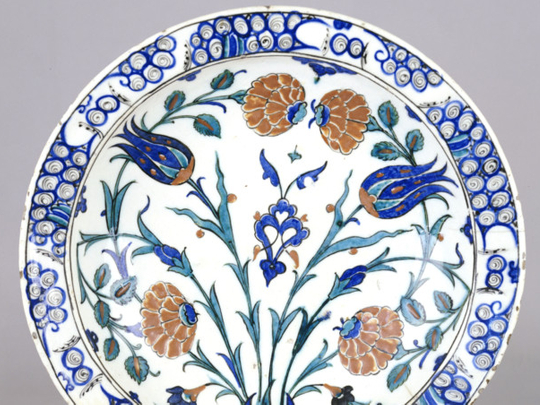
Turkey’s ceramic production has a long history and rich tradition, with the first items recorded in Anatolia over 8,000 years ago. The country is rich in raw materials such as feldspar, clay, kaolin and quartz, and most manufacturers deploy forward and backward integration within their facilities. The industry is also marked with innovations such as Kalesinterflex — a flexible and bendable ceramic tile.
As a result, ceramics is a buoyant sector within Turkey’s construction and building materials industry, and a fast-growing export market. Building Glass and Ceramics 2013, released by the Ministry of Economy, highlights diversity as well as growth. Exports of building ceramics which were valued at $699.5 million (about Dh2.5 billion) in 2011, climbed to $773.8 million in 2012. Ceramic wall and floor tiles took the largest share of exports with a value of $587 million, while sanitary ware ranked second with $187 million. Turkish building ceramic products were exported to 149 countries in the world last year.
The Istanbul Chamber of Industry registers 30 firms that produce ceramic tiles and 40 others that are operational in the Turkish sanitary ware sector, and some of them — Eczacıbaşı (VitrA), Kale and Ege Seramik Groups — are among the largest ceramics companies in the world.
A new market research report, Ceramic Sanitary Ware Market — Global Trends & Forecasts by Product & Technology (2012-2017), published by research and consultancy firm MarketsandMarkets, says the global ceramic sanitary ware market will grow from $22.17 billion in 2011 to $33 billion by 2016. As of 2011, Turkey led the European market with a 34.2 per cent market share, and they are expected to strengthen this position.





